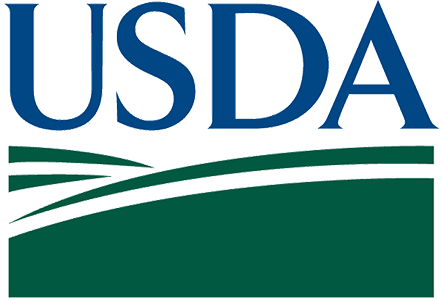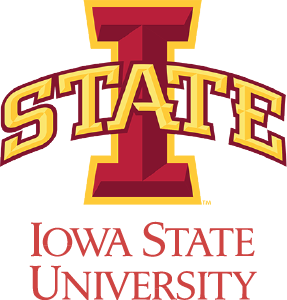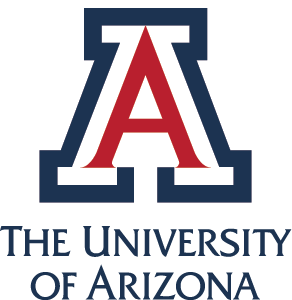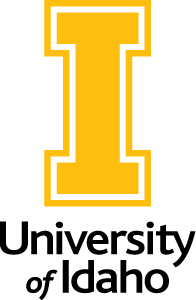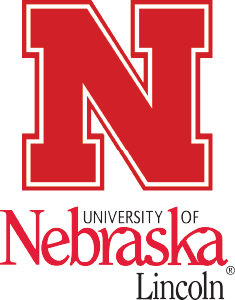AG2PI Workshop #5 - July 22, 2021
Phenomic Data Processing Using Machine Learning, Distributed Computing & Container Technology
July 22, 2021
1:00 PM - 3:00 PM
(US Central Time)
Purpose
To learn how to leverage remote-sensing data through two phenomic analysis pipelines
Registration
You may be asked to create a CyVerse account at registration. Upon registration, you will receive a confirmation email with information about joining the meeting.
Workshop RegistrationA recording of this event will be available at a later date
Workshop Resources and Recording
Click the buttons below to access resources and/or watch recording of this workshop
GitHub Repository PhytoOracle Documentation Watch RecordingThis hands-on workshop will show how to leverage our pipelines to process your proximal and remote-sensing data. We will showcase two pipelines that leverage distributed computing, machine learning, and container technology. First, we will run our thermal pipeline, which detects individual plants in thermal images and runs Kmeans clustering to collect individual plant temperature values. Then, we will run our hyperspectral pipeline, which detects Spectralon reflectance reference targets and calculates plot-level reflectance values.
The University of Arizona is home to the world's largest phenotyping platform, capable of scanning a quarter-mile long agricultural field using a combination of sensors including: a laser line scanner; hyperspectral imager; and thermal infrared, RGB, and fluorescence cameras to generate large, multimodal datasets. Collectively, these sensors capture up to 10 TB of data per day, which overwhelms the computing capacity of most research institutions resulting in a significant data processing bottleneck. PhytoOracle was developed to address two key challenges of phenomic analysis pipelines: (1) accelerating analysis tasks by integrating distributed computing resources and managing high throughput data, (2) containerization of computational code for improved ease-of-use and reproducibility.
Note: Workshop attendance is limited to 50 seats. Registration for this workshop is now closed
About the Presenter
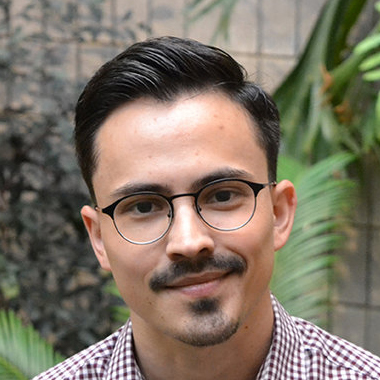
Emmanuel Gonzalez, a University of Arizona Ph.D. student, wis responsible for developing open-source and distributed pipelines focused on understanding plant growth dynamics.
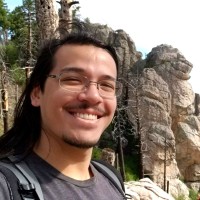
Michele Cosi is a Ph.D. student at the University of Arizona, School of Plant Sciences. On the PhytoOracle project, Cosi's contributions include development of the scalability infrastructure and processing infrared data.
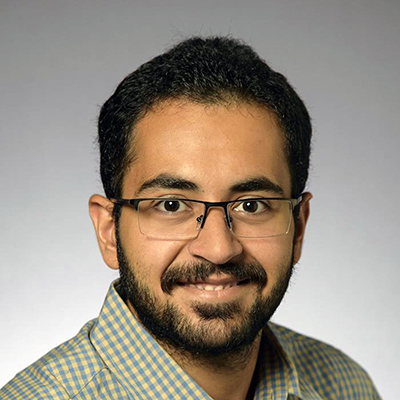
Ariyan Zarei is pursuing his Ph.D. in computer science at the University of Arizona. His role on the PhytoOracle project is designing machine learning, computer vision, and statistical models for geo-correction and stitching of high-resolution RGB image data.

Travis Simmons is an undergraduate biology major at the College of Coastal Georgia and works as a research data support specialist at the University of Arizona. As part of the PhytoOracle team, his primary contribution is the development of a distance-based, coordinate-matching algorithm for tracking plant growth over time.
